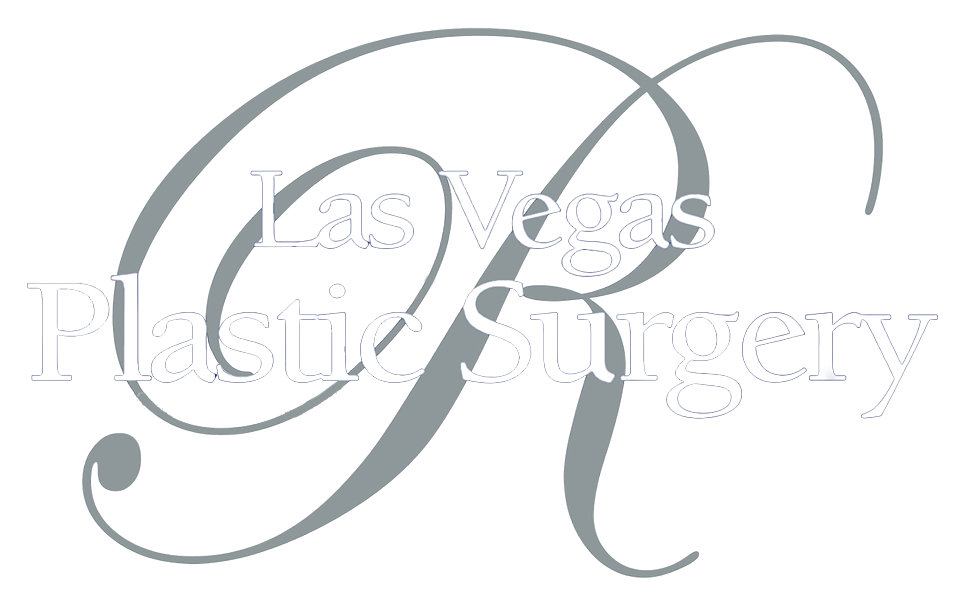Las Vegas Plastic Surgery
New Jersey Governor Chris Christy signs law repealing the cosmetic tax, commonly referred to as the “Botox tax” or “Bo-Tax.”
In 2004 New Jersey passed the “botax” law that placed a 6% tax on cosmetic surgery procedures. It was the first luxury tax on cosmetic procedures in the United States. However, it has not operated as proponents of the law hoped it would. The revenue brought in from the tax fell well short of the projected revenue and administration of the tax was more costly than the actual revenue acquired.
The repeal bill, Assembly Bill 3646/Senate Bill 1988, requires the tax to be reduced to 4% on July 1 of this year, to 2% on July 1, 2013 and finally remove the tax completely on July 1, 2014.
Interpreting the old cosmetic surgery tax law led to some issues. In some cases it is difficult to determine if the procedure or medicine used is for cosmetic or therapeutic purposes. Botox is commonly used to decrease wrinkles, but it can also be used to treat headaches. Determining which plastic surgery procedures are cosmetic or therapeutic is an old challenge. In the past it literally took action from Congress to force insurers to pay for dual breast reconstruction surgery. Supporters of the repeal of the New Jersey law also believe the tax is discriminatory against women, as they make up approximately 90% of those who paid the tax.
The increase in cosmetic procedure cost to the patients led many interested in plastic and cosmetic surgery services to cross state lines where there was no cosmetic procedure tax. This hurt practitioners in the Garden State. Allergan CEO David Pyott said, “In New Jersey, actual revenues have never matched projections. This tax fosters ‘surgical flight,’ where patients go to neighboring states for procedures – with surgeons often following their patient base. According to medical society estimations, in New Jersey surgical flight to neighboring states is nearly four times greater than before the tax was in place.”
Indeed, former proponents of the cosmetic surgery tax realized the tax failed and now agree it is time to correct the mistake and go forward. Overall, the tax has been expensive to administer and generated only minimal income. Instead of the projected $24 million annually, the New Jersey Division of Taxation estimates collections of less than $9 million — a 62 percent shortfall. Independent studies have proven that, after two years, for every $1.00 collected in cosmetic tax, the state has LOST $3.39 in total state revenue. The former sponsor of the bill, N.J. Assemblyman Joseph Cryan, is a now a vocal proponent of the repeal. He said, “As a democratic member of the New Jersey General Assembly, I urge Senate Majority Leader Harry Reid, D-Nev., to learn from my mistake in New Jersey and strip the cosmetic tax provision from the health reform bill. Creative taxation on cosmetic medical procedures to help finance health reform is a costly mistake that America can’t afford to make.”
It is hoped that the lessons learned here can help other states and even the federal government to not enact policies that tax medical procedures. Governments are always looking for new ways to create revenue, but this is not a fruitful place to find it.
Jeffrey J. Roth, M.D., F.A.C.S.
(702) 450-0777www.jjrothmd.com
References:
Plastic Surgery News EXTRA
New Jersey News Room



